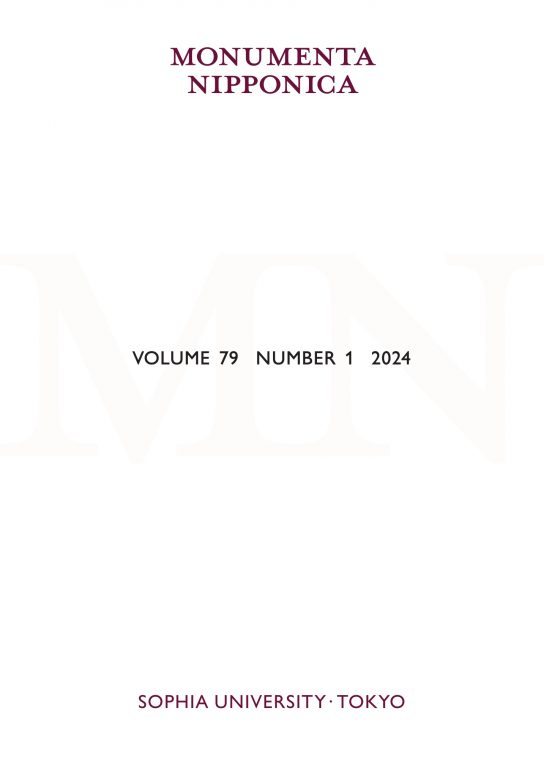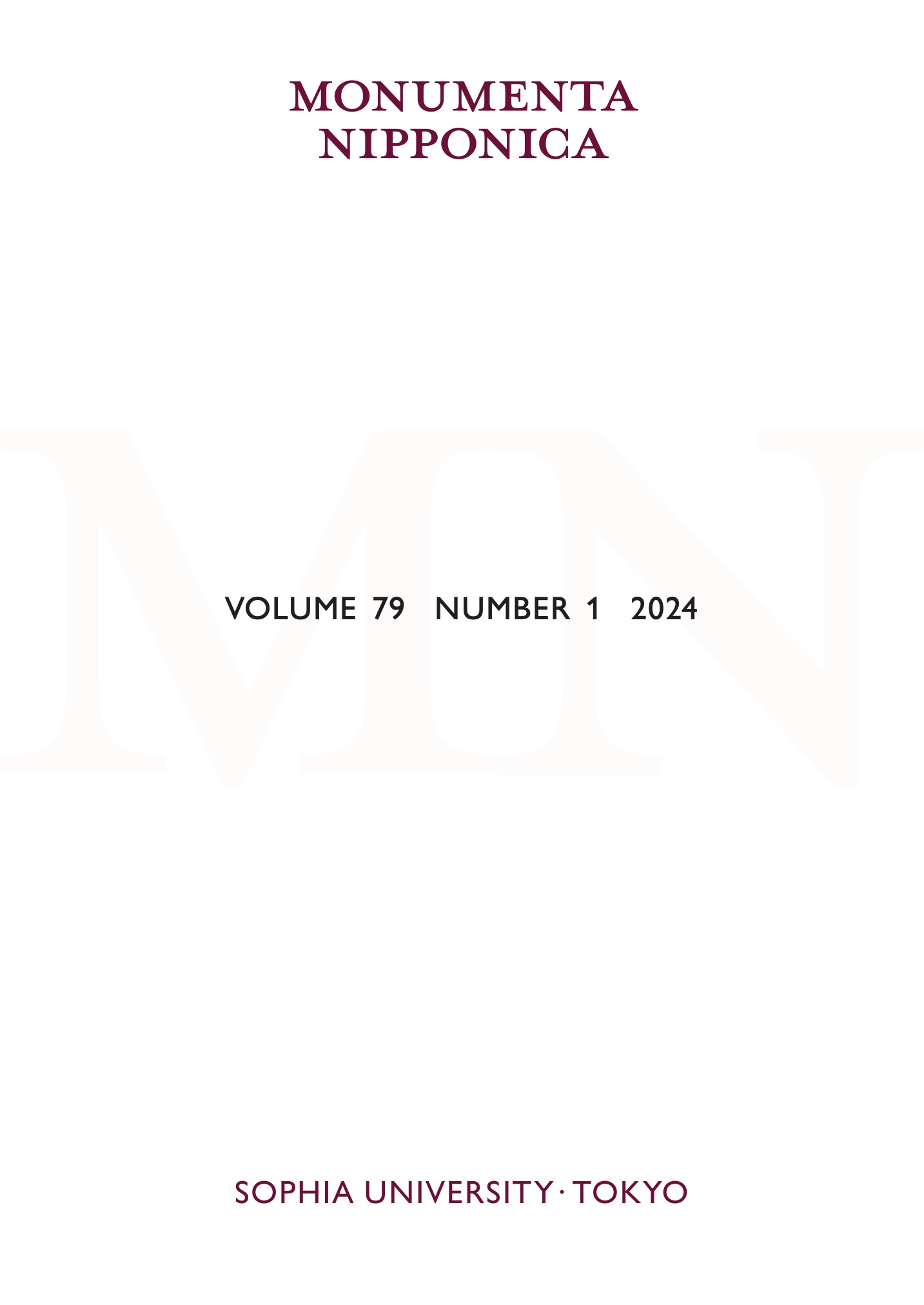Revisiting The Soil: Nagatsuka Takashi, Rural Japan, and the Limits of the Meiji NovelTyler Walker
MN 79:1 (2024) pp. 1–31
Nagatsuka Takashi’s Tsuchi (The Soil), a novel about poor Ibaraki farmers, leaves one of the most curious and complex legacies in modern Japanese fiction. Greeted with mixed reviews and later elevated by ideologues on both ends of the political spectrum, the novel remains well known but seldom read, and it has received little attention in literary scholarship. Engaging with recent studies on The Soil and its relationship to the social, political, and geographic transformations of the Meiji period, this article examines the novel and its status outside the modern literary canon. It considers the publishing landscape and readership that produced and reacted against The Soil through an analysis of Natsume Sōseki’s critical introduction “‘Tsuchi’ ni tsuite” (On The Soil), a text that has determined much of the novel’s legacy. Through both The Soil and Sōseki’s reaction to it, this article demonstrates how the dynamics of literary publishing and broad reader expectations shaped the emerging relationship between modern culture and the Japanese countryside.

